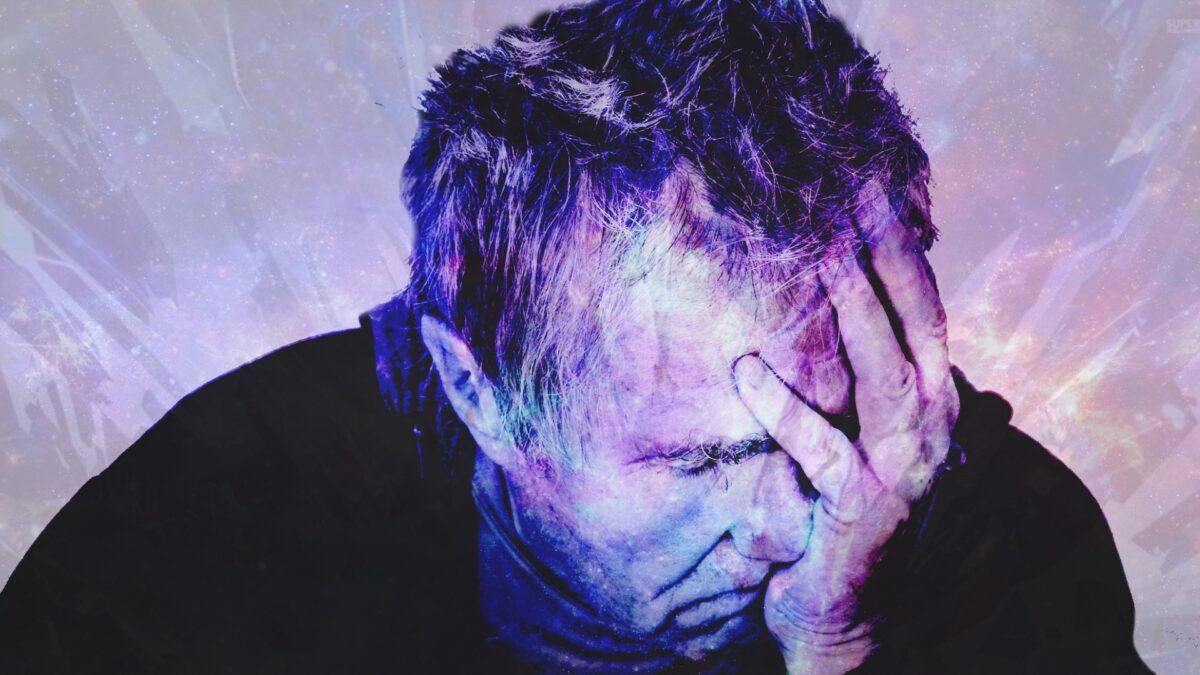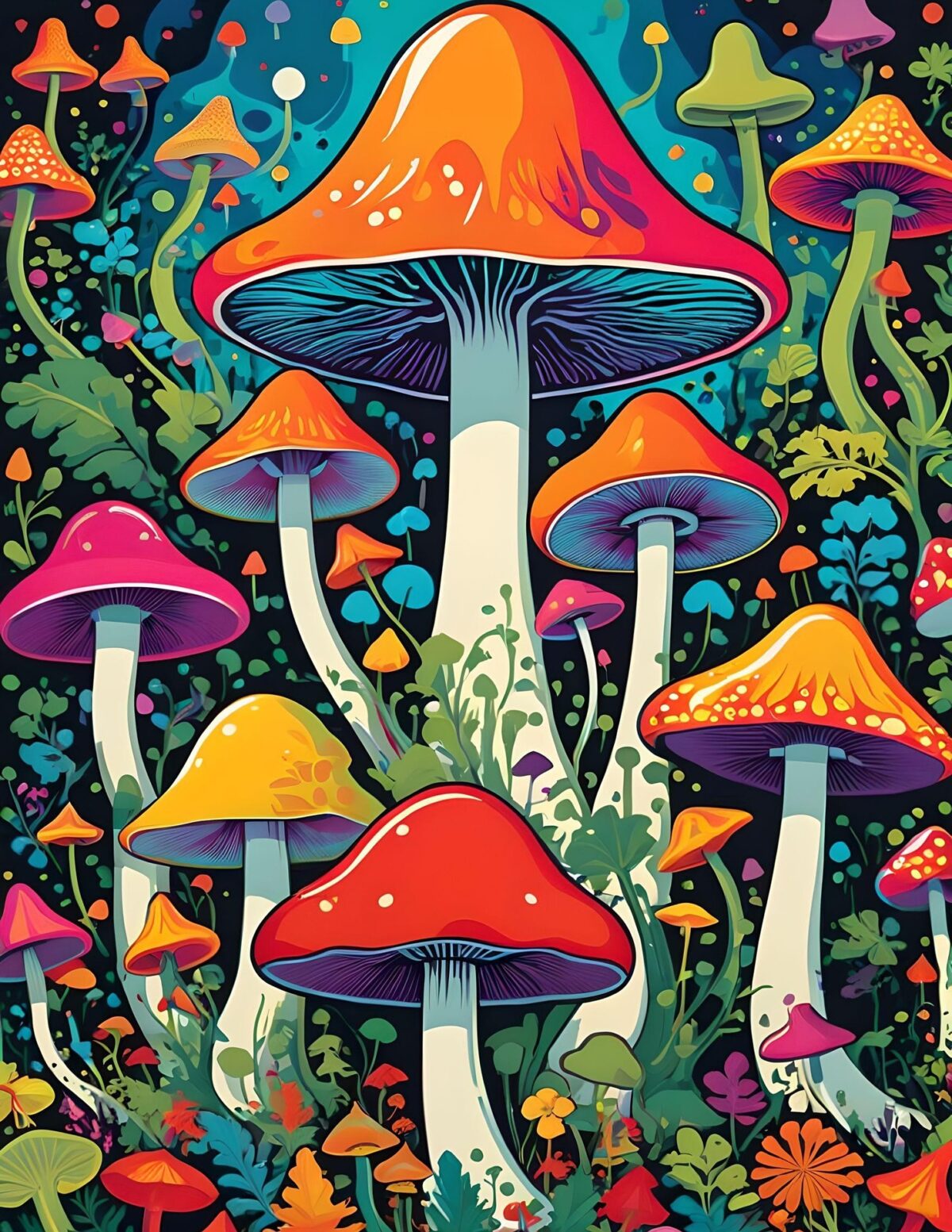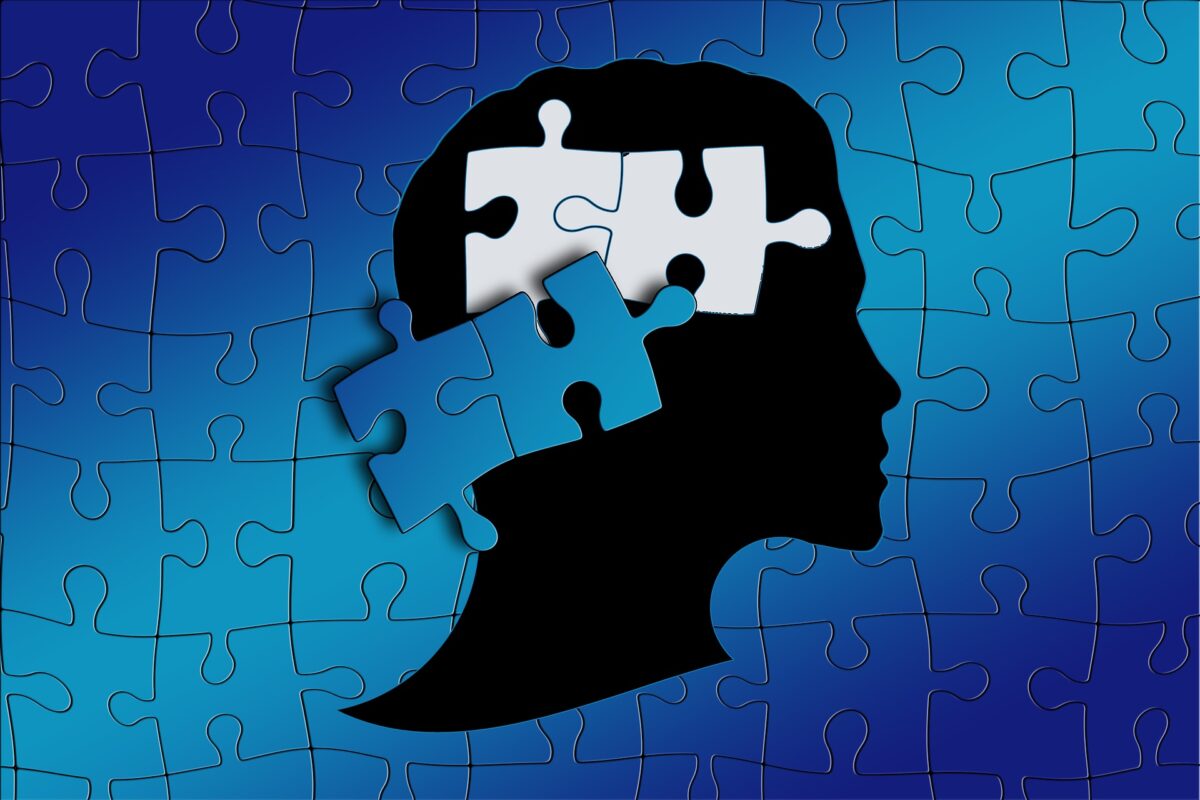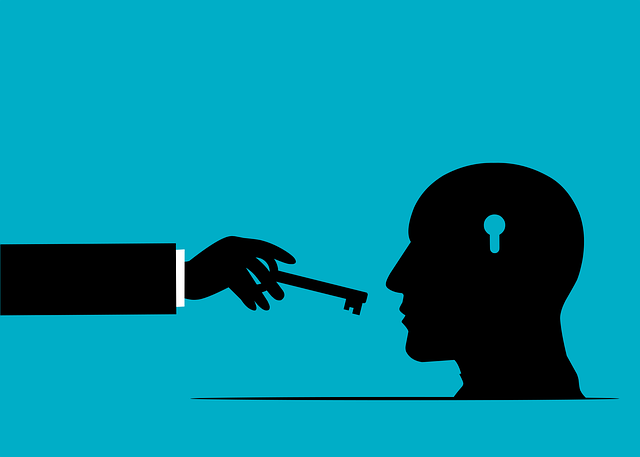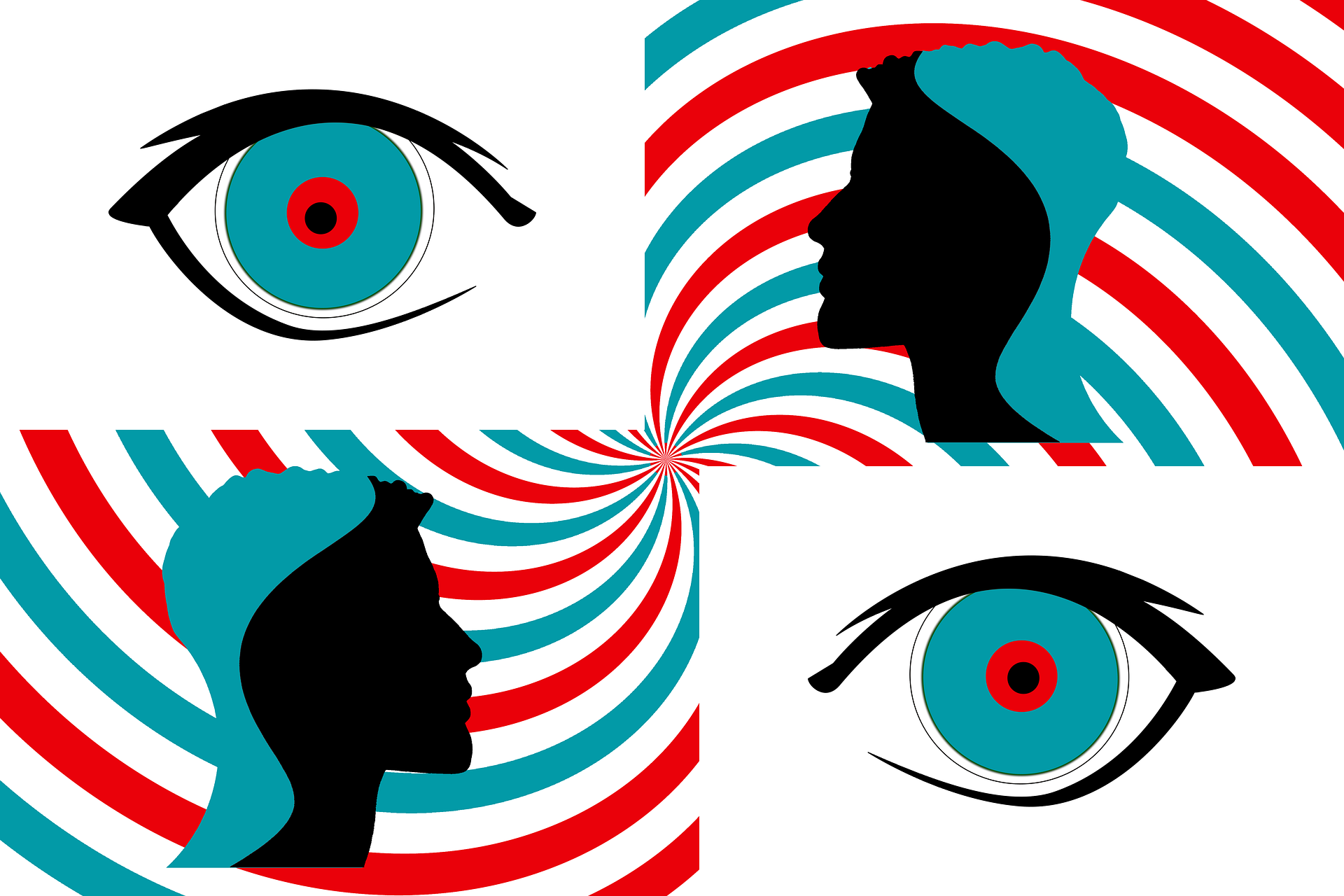Anxiety is a condition that touches more lives than we often realize. In today’s fast-paced, modern world, it’s easy to feel overwhelmed and stressed. For many, managing anxiety has become as routine as managing physical health. There is a growing interest in natural approaches to maintaining mental well-being, and the field of naturopathy offers an array of strategies that can complement or sometimes substitute traditional pharmaceutical routes.
For anxiety sufferers who are eager to explore gentle, holistic ways to regain balance, this comprehensive guide offers insights into naturopathic techniques that can pave the way to a calmer, more fulfilling life. Whether you’re someone who has just begun to feel the twinge of worry or an individual entrenched in the daily battle with severe anxiety, the information here will serve you well on your quest for peace of mind.

Understanding Anxiety
Before we can tackle the problem, it’s essential to understand what anxiety is. It’s a complex emotion characterized by feelings of tension, worry, or apprehension about future uncertainties, either based on real or potential threats. Anxiety disorders are a group of mental illnesses that cause distress and can impact various aspects of life, from work to relationships.
Types of Anxiety Disorders
Anxiety isn’t a one-size-fits-all condition. There are several kinds of anxiety disorders, each with unique symptoms and triggers. Generalized Anxiety Disorder (GAD) is characterized by persistent and excessive worry about a number of different things. Panic Disorder involves sudden and repeated episodes of intense fear that can lead to physical symptoms like a racing heartbeat and sweating. Social Anxiety Disorder involves an intense fear of being judged or rejected in social or performance situations.
Common Symptoms and Triggers
Anxiety can manifest in numerous ways, from psychological symptoms like restlessness and irritability to physical ones such as sweating, trembling, and fatigue. Triggers can be specific to an individual and their experiences; however, some common triggers include stress from work or school, major life changes, or traumatic experiences.
The Naturopathic Approach
Naturopathy is a form of alternative medicine that employs an array of natural treatments, including herbal medicine, diet, lifestyle counselling, and various types of therapies to prevent and treat diseases. This holistic approach is particularly well-suited to addressing anxiety, as it considers the interplay of physical, mental, and emotional aspects of health.

Diet, Exercise, and Sleep: The Three Pillars of Wellness
A naturopathic approach to anxiety starts with the basics. A well-rounded diet that’s rich in nutrients, regular physical activity, and sufficient high-quality sleep form the foundation of mental wellness. Foods like leafy greens, nuts, and fish are known for their mood-boosting properties due to the high levels of vitamins and minerals they contain. Exercise is a potent anti-anxiety strategy, as it releases endorphins — the body’s natural mood lifters. Additionally, establishing good sleep hygiene is crucial for managing anxiety, as a well-rested mind is better equipped to handle stress.
Mind-Body Techniques
Mind-body approaches encompass various practices that aim to harmonize the connection between mental and physical health. This includes mindfulness meditation, yoga, Tai Chi, and Qigong, all of which are shown to reduce anxiety by promoting relaxation and mental clarity. Studies have highlighted their effectiveness in lowering stress hormones and improving emotional resilience.
Natural Remedies for Anxiety
While not a one-size-fits-all answer, naturopathic treatments offer a wide range of options for those looking to ease their anxiety naturally.
Herbal Medicine
Herbs have been used for centuries to soothe the mind and body. Here are some well-known herbs for anxiety:
- Chamomile: A well-regarded herb for calming the nerves and promoting sleep. It has mild sedative effects and is often consumed as a tea.
- Lavender: Another popular herb known for its calming properties. Lavender oil, when inhaled, can help reduce anxiety levels.
- Passionflower: Acts as a sedative and can help with sleep and other symptoms related to anxiety.
- Valerian: Especially helpful for insomnia that’s related to anxiety. It may also reduce anxiety without causing drowsiness during the day.
It’s important to consult with a knowledgeable practitioner before using any new herbs, especially if you are taking other medications or have underlying health conditions.

Supplements
Certain supplements can also play a supportive role in managing anxiety:
- Omega-3 Fatty Acids: Research suggests that Omega-3 supplements might be helpful in the treatment of clinical symptoms in anxiety disorders.
- L-Theanine: Found in green tea, L-Theanine has a calming effect. When taken as a supplement, it can help with relaxation without causing drowsiness.
- B-Vitamins: Deficiencies in B-vitamins, particularly B12 and folate, have been associated with an increased risk of mood disorders.
While these supplements are generally safe, dosages should be tailored to individual needs, and advice from a healthcare professional is highly recommended.
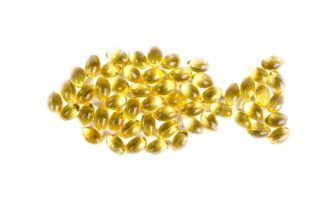
Aromatherapy
The sense of smell can evoke powerful emotional responses. Aromatherapy uses essential oils to promote feelings of calm and relaxation. Some of the best essential oils for anxiety include lavender, rose, bergamot, and chamomile.
Acupuncture
An ancient Chinese therapy that involves the insertion of thin needles into the skin at specific points on the body, acupuncture is believed to rebalance the body’s energy. Many individuals find relief from anxiety through regular acupuncture sessions, which can be customized to address individual patterns and needs.
For more articles on acupuncture Click Here

Lifestyle Changes for Long-term Relief
Making significant changes to your lifestyle can yield long-lasting benefits for anxiety management.
Stress Management Techniques
Stress is one of the biggest contributors to anxiety. Learning to manage stress can significantly reduce its impact. Techniques such as deep breathing exercises, progressive muscle relaxation, and guided imagery can provide immediate relief during stressful episodes.
For more articles on stress Click Here
Regular Practice
The key to the effectiveness of these techniques is practice. Just as you wouldn’t expect to run a marathon without training, you can’t expect to master stress management without regular practice. Incorporating these activities into a daily routine ensures their availability when stressors arise.
Creating a Supportive Environment
The people and environment you surround yourself with can have a huge impact on your anxiety levels. Supportive relationships can act as a buffer against stress, and a calm, uncluttered home can provide a necessary retreat from the demands of the day.
Professional Advice and When to Seek Help
While self-care and natural remedies can be powerful, it’s important to recognize when professional help is necessary.
Working with a Naturopath
A knowledgeable naturopath can provide individualized care, tailoring a treatment plan that takes into account your specific needs, health history, and goals. Naturopaths treat the whole person, not just the symptoms, and often work to address the root causes of anxiety.
Seeking Traditional Healthcare
In some cases, especially with severe or disabling anxiety, medication or therapy may be essential. A healthcare professional, such as a psychiatrist or psychologist, can help determine the best course of action. Combining traditional methods with naturopathic approaches can provide a comprehensive treatment plan.
Signs That You Might Need More Intensive Treatment
If anxiety is significantly impacting your daily life, affecting your job, relationships, or personal safety, it is imperative that you seek help from a healthcare professional. Signs that may indicate the need for more intensive treatment include:
- Panic attacks that occur more frequently.
- Avoidance of situations or places that cause anxiety.
- Self-medication with alcohol or drugs.
- Consistent, unrelenting worry.
- Gradual isolation from social activities.
Conclusion
Anxiety doesn’t have to control your life. Adopting a naturopathic approach can offer you a toolbox brimming with techniques to help manage and overcome your anxiety. Whether it’s through adjusting your diet, finding solace in herbal remedies, or engaging in regular practices, the path to a calmer mind is within your reach. Remember, the road to wellness is not a sprint; it’s a marathon. Take small, sustainable steps, and be patient with your progress.
My hope is that you find this guide to be a beacon of light in your battle against anxiety, guiding you toward a more balanced and stress-free life. Take the knowledge you’ve gained here and turn it into action. By doing so, you’ll not only find relief but also empower yourself with the tools and wisdom to guard your mental health for years to come. Should anxiety rear its head, respond with the confidence that comes from knowing you have the power to overcome it, one natural step at a time.

